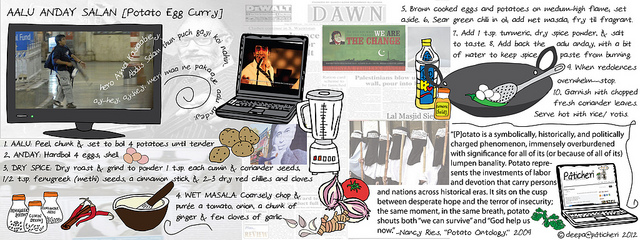[This invited post was written by Daniel O’Maley, who recently graduated with a PhD in cultural anthropology from Vanderbilt University. His research focuses on the global Internet freedom movement and the link between digital technology and new forms of democratic participation. You can read more about him and his research here]
Increasingly, our lives are mediated by the Internet and other digital technologies. For anthropologists like myself, this presents new opportunities for research, but the digitization, exchange, and storage of personal data also generate new privacy concerns for our participants. During my research on Brazilian Internet freedom activists, I learned about both the potentials of the Internet, as well as the way that digital technology can, and is, being abused to violate civil liberties. What I call the “privacy paradox,” refers to the situation in which the U.S. government at once defends research participants’ privacy through Institutional Review Boards (IRBs) while it simultaneously violates their privacy on a massive, global scale through mass surveillance national security apparatus.
The privacy paradox become apparent to me in July 2013, just a month after the Snowden leaks that exposed NSA mass surveillance, when I sat down to interview a high-level official of a Brazilian IT firm. Before the interview, I detailed the measures I was taking to ensure that his personal data would be protected and I explained that this was required by Vanderbilt’s IRB per U.S. law. Upon hearing this, the IT official looked at me incredulously. Over the previous two months the front pages of newspapers had been plastered with articles detailing U.S. government surveillance projects with codenames like PRISM, XKeyscore, and Stellar Wind that used the global telecommunications infrastructure to collect personal data on people around the world. My interviewee was well-versed in issues of privacy in the digital age, so to hear me state that the U.S. government was concerned with his privacy was laughable.
